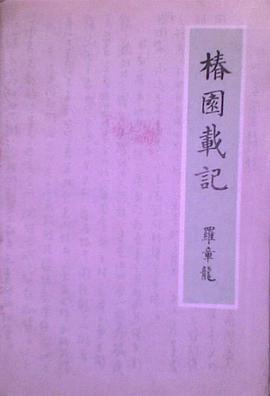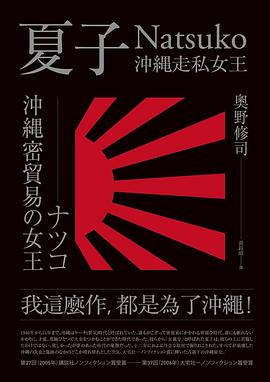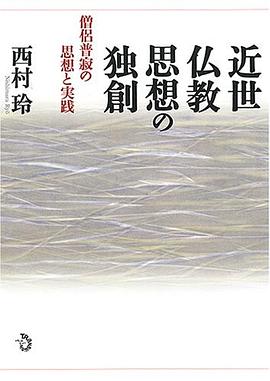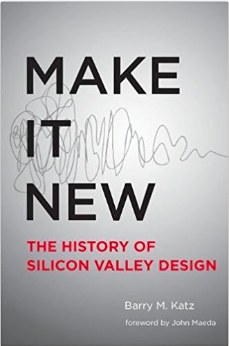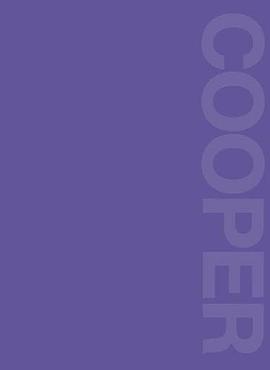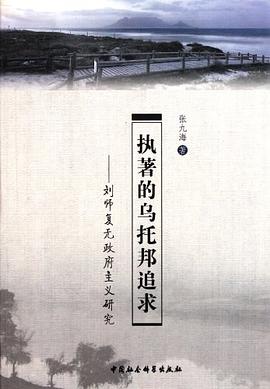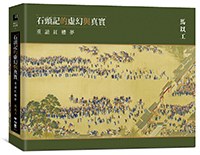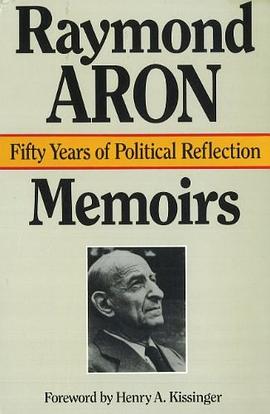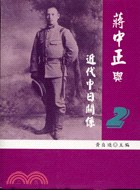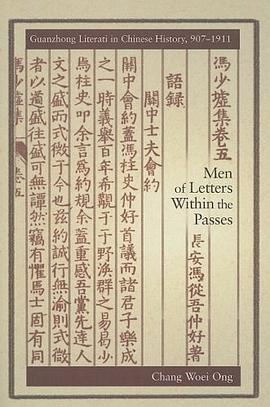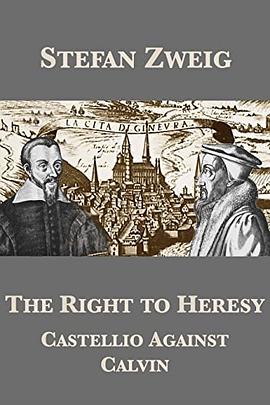

This Plunkett Lake Press eBook is produced by arrangement with Viking, an imprint of Penguin Publishing Group, a division of Penguin Random House LLC.
Castellio is a book against zealots of every kind: against anything engendering “the destruction of this world’s divine manifoldness” and injuring the humane spirit. [...]
Why could Castellio not maintain himself against Calvin? Stefan Zweig’s answers to these questions have permanent and tragic validity: it was because the masses pay tribute not only to the power of love, but also to that of hatred. Followers could always be found for political slogans that established “enmity and divisions, casting sinister flames of hatred against another religion, race or class.” [...]
Those who sacrificed themselves for a future reconciliation of men, wrote Stefan Zweig in 1933, could not escape the fact that a torrent of fanaticism, “rising from the shoals of human instinct,” would burst all dams and inundate all. [...]
Castellio, “a fly against an elephant,” rose in opposition to Calvin who had condemned Miguel Servet — better known as Servetus — a true fighter for spiritual freedom, to die at the stake. “To burn a man alive does not defend a doctrine, but kills a man,” said Castellio.
It was an ever-recurring curse that ideologies degenerated into tyranny and brute force. Fanaticism, indifferent to the material from which it was ignited, wanted only to let the accumulated forces of hatred flame forth. And Zweig utters these words, six years before the outbreak of the Second World War: “At such apocalyptic turning points, when mass delusions determine universal destinies, the demon of war, bursting the chains of reason, hurls itself greedily and joyfully into the world.” [...]
In describing a tragic contest — here that of conscience against force — Zweig is in his element. He illuminates the interesting figure of Servetus who had fought in his own fanatical-hysterical manner already as a youth. It is characteristic that Servetus was dubbed by his enemies “Jew,” “Turk,” and wicked “Spaniard.” [...]
Zweig stressed the self-sacrificing way in which [Castellio] defended freedom of thought against Calvin, becoming the symbol of “Conscience against Force.” And he describes most touchingly the sorrow this genuine hero had to suffer. He shows, too, how free spirits may be endangered by the carelessness with which they choose their fellow-wanderers; whereas the one-sided totalitarians, protected by their rigidity, always hold a stone ready to fling at their enemies. (from Married to Stefan Zweig by Friderike Zweig)
“One cannot but admire the ardent spirit with which Stefan Zweig has set out to annihilate the doctrines of exclusiveness and restriction in religion and in politics... the most spirited [book] and, in certain scholarly respects, the most important that Stefan Zweig has yet produced... From Stefan Zweig’s new book there emerges a new hero for a modern reading public: a true historic character rescued from near oblivion, and the first modern man who fought the good fight for humanity’s right to think its own thoughts and to say them. The battle has not yet been decided.” — Lloyd Eshleman, The New York Times, November 16, 1936
具體描述
讀後感
評分
評分
評分
評分
用戶評價
希望有朝一日我能學會德文去看原版。英譯似乎也有漏譯,比如第七章最後,德文版在驅趕等話語後有一係列譴責,英譯是沒有的,隻有一張卡斯特裏奧的手寫照片。舒昌善應該是按照德文原本譯的,有這一係列譴責的句子,而張曉輝譯本是沒有的(懷疑張譯自英文本而非德文本),存疑。
评分希望有朝一日我能學會德文去看原版。英譯似乎也有漏譯,比如第七章最後,德文版在驅趕等話語後有一係列譴責,英譯是沒有的,隻有一張卡斯特裏奧的手寫照片。舒昌善應該是按照德文原本譯的,有這一係列譴責的句子,而張曉輝譯本是沒有的(懷疑張譯自英文本而非德文本),存疑。
评分不是一部嚴謹客觀的曆史研究,而是充滿瞭主觀激情的曆史側寫,但主觀性卻也是茨威格文字打動人心的地方。其精華可以用書中的一段話來歸納:Every nation, every epoch, every thoughtful human being, has again and again to establish the landmarks between freedom and authority: for, in the absence of authority, liberty degenerates into licence, and chaos ensues; and authority becomes tyranny unless it be tempered by freedom.
评分希望有朝一日我能學會德文去看原版。英譯似乎也有漏譯,比如第七章最後,德文版在驅趕等話語後有一係列譴責,英譯是沒有的,隻有一張卡斯特裏奧的手寫照片。舒昌善應該是按照德文原本譯的,有這一係列譴責的句子,而張曉輝譯本是沒有的(懷疑張譯自英文本而非德文本),存疑。
评分希望有朝一日我能學會德文去看原版。英譯似乎也有漏譯,比如第七章最後,德文版在驅趕等話語後有一係列譴責,英譯是沒有的,隻有一張卡斯特裏奧的手寫照片。舒昌善應該是按照德文原本譯的,有這一係列譴責的句子,而張曉輝譯本是沒有的(懷疑張譯自英文本而非德文本),存疑。
相關圖書
本站所有內容均為互聯網搜索引擎提供的公開搜索信息,本站不存儲任何數據與內容,任何內容與數據均與本站無關,如有需要請聯繫相關搜索引擎包括但不限於百度,google,bing,sogou 等
© 2025 qciss.net All Rights Reserved. 小哈圖書下載中心 版权所有



